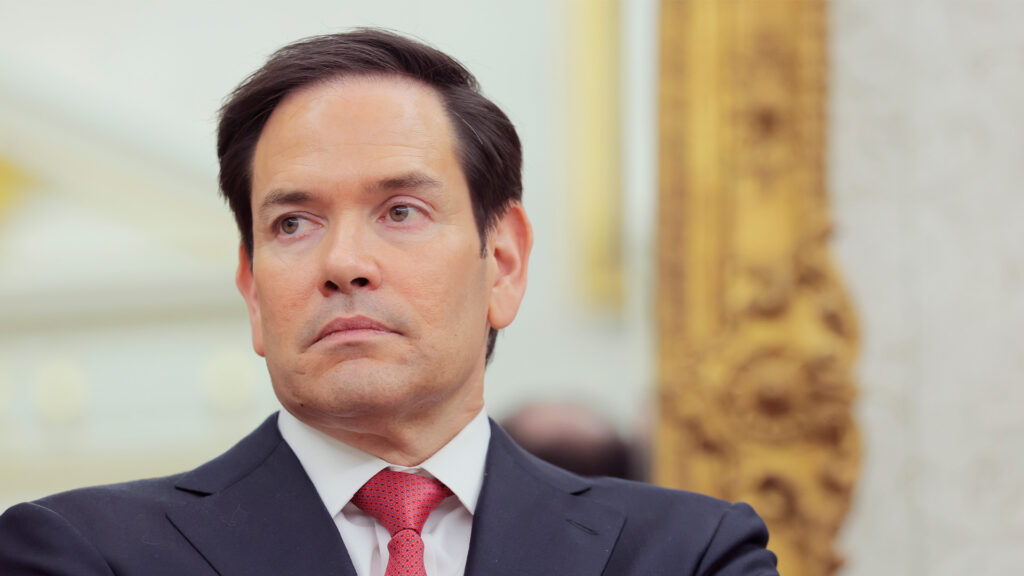The U.S. State Department is calling out several foreign governments for allegedly pressuring American tech companies to censor content. U.S. officials said this threatens freedom of expression around the world. In a post shared by the Bureau of Democracy, Human Rights, and Labor, the department expressed concern about “efforts by governments to coerce American tech companies into targeting individuals for censorship.” The statement emphasized that freedom of expression must be protected “online and offline.”
“Examples of this conduct are troublingly numerous,” the bureau wrote. “EU Commissioner Thierry Breton threatened X for hosting political speech; Türkiye fined Meta for refusing to restrict content about protests; and Australia required X to remove a post criticizing an individual for promoting gender ideology.”
EU commissioner clashed with X over content moderation
One of the cases the State Department pointed to happened in the European Union. In August, EU Commissioner Thierry Breton sent a letter to Elon Musk criticizing his platform X, formerly Twitter, for not doing enough to moderate content. Breton warned that if posts on X were found to be harmful to people in the EU, the platform could face legal consequences.
Turkey fined Meta over political content
In Turkey, President Recep Tayyip Erdoğan’s government fined Meta in April after it refused to take down posts related to political opposition. Meta defended its decision, saying in a statement that the content was in the public interest and warned that government pressure like this can create a chilling effect on free expression.
“We pushed back on requests from the Turkish government to restrict content that is clearly in the public interest, and have been fined by them as a consequence. Government requests to restrict speech online alongside threats to shut down online services are severe and have a chilling effect on people’s ability to express themselves.”
Australia targeted a Canadian activist’s post on X
The third case cited by the State Department involves Canada-based activist Chris Elston, known online as “Billboard Chris.” In February, Elston reposted a Daily Mail article about Teddy Cook, a transgender advocate who had been appointed to a World Health Organization panel on trans healthcare.
Elston’s post criticized Cook and included language that Australia’s eSafety Commissioner said deliberately misgendered Cook in a way meant to “mock and cause harm.” As a result, the commissioner ordered X to remove the post. Elston and X are challenging that decision in court.
While the legal battle is ongoing, the post has been geo-blocked, meaning it’s restricted in Australia but still visible in other countries, including the U.S.
U.S. defends free speech abroad
In its post, the State Department reiterated the importance of free speech.
“Even when content may be objectionable, censorship undermines democracy, suppresses political opponents, and degrades public safety,” the bureau said. “The United States opposes efforts to undermine freedom of expression. As Secretary Rubio said, our diplomacy will continue to place an emphasis on promoting fundamental freedoms.”
Free speech and foreign policy
The Trump administration has taken a firm stance in its first 100 days against international efforts that it believes suppress online speech. Similarly, in April, Vice President JD Vance raised similar concerns about the United Kingdom’s hate speech laws, reportedly suggesting they be reviewed as part of trade talks with the U.S.


